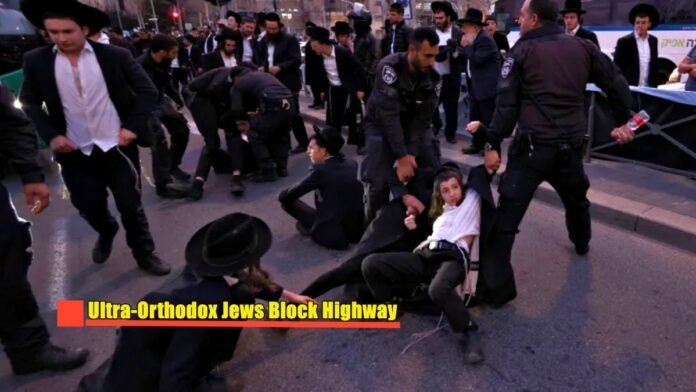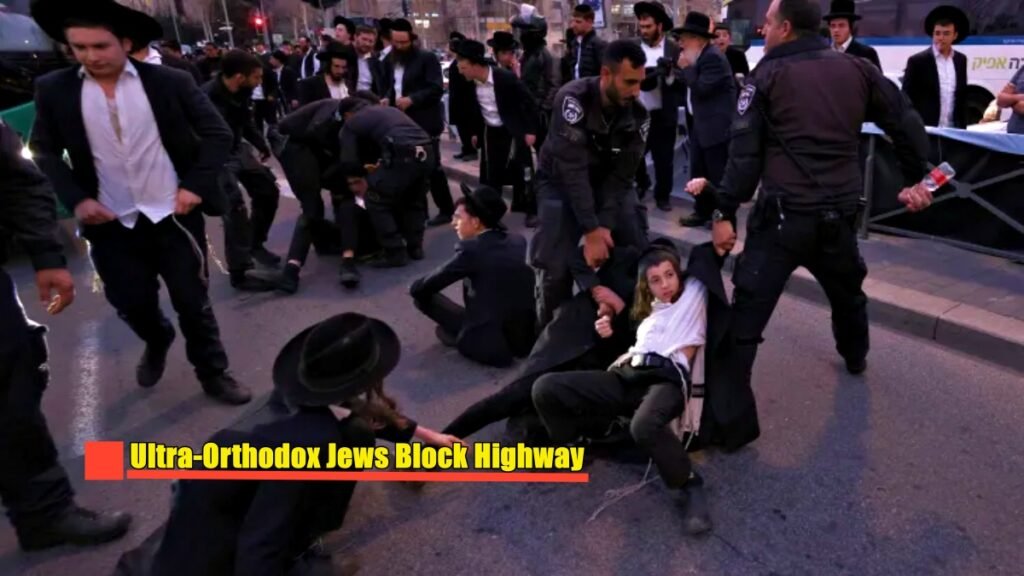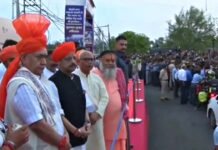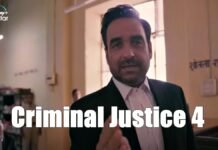
BNEI BRAK: In a dramatic display of dissent, hundreds of ultra-Orthodox Jewish men staged a protest by blocking a major highway in central Israel for nearly two hours on Thursday. Their ire was directed at a recent Supreme Court ruling that mandates military service for the community’s youth.
Background: Compulsory Military Service
While military service is compulsory for most Jewish men and women in Israel, politically influential ultra-Orthodox parties have long enjoyed exemptions. These exemptions allow their followers to pursue religious studies in seminaries instead of serving in the armed forces. However, this arrangement has sparked widespread resentment among the broader public, especially during the ongoing eight-month war against Hamas in Gaza.
Toll of the Conflict
The toll of the conflict is stark: over 600 soldiers have lost their lives, and thousands of reserve soldiers have been called up, straining their careers, businesses, and family lives. Frustration has reached a boiling point, leading to the highway blockade.
The Protest
Protesters sat defiantly on the highway, lying down on the road as police attempted to disperse them. Mounted officers charged into the crowd, intensifying tensions. Slogans like “Jaenge Jail Jaenge! Nahin Sena” (“We’ll go to jail, not the army”) adorned placards held by many demonstrators.
Symbol of Inequality
The crux of the matter lies in the Supreme Court’s recent ruling. The court ordered the government to begin drafting ultra-Orthodox Jewish men into the army, deeming the existing exemption system unequal. This decision could have far-reaching consequences, potentially even destabilizing Prime Minister Benjamin Netanyahu’s government.

The ultra-Orthodox community, constituting roughly 13% of Israel’s population, wields significant political power despite its size. Their staunch opposition to any change in the exemption system underscores the deep divisions surrounding this issue.







































